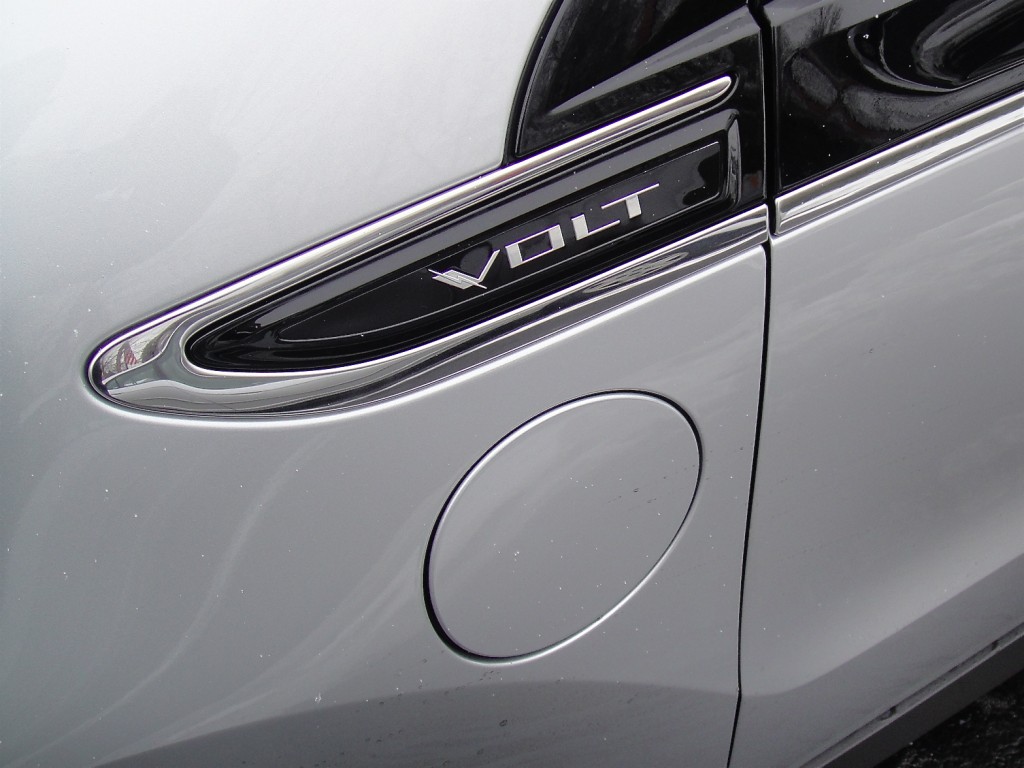The Crank: Despite the awards, Chevy’s Volt hasn’t won anything yet
By John LeBlanc
Without much effort, General Motors media materials will tell you that its new Chevrolet Volt gasoline-electric plug-in-hybrid is a “winner”. In fact, at this year’s Detroit auto show, the Volt was named 2011 North American Car of the Year, and before that, various American pubs (Automobile Magazine’s 2011 Automobile of the Year; Car and Driver’s 10Best; Green Car Journal’s 2011 Green Car of the Year, Motor Trend’s 2011 Car of the Year; Popular Mechanics’ 2010 Breakthrough Technology award: and Ward’s 10 Best Engines award for its unique power train system won) have also lathered on the accolades and kudos. But does the Volt deserve all of this editorial love?
I recently had a chance for a brief drive in a 2011 U.S.-spec Volt, ahead of the 2012 Canadian version coming this summer. Based on this limited drive, the Volt comes across as a solid product. There are no obvious flaws in its driving demeanour, or basic functions as a transportation device. But there are several reasons why the Volt would never garner my vote for any “best of” award.
The Volt must have one of the highest awards-to-sales ratios in history. Chevy only sold only 326 Volts since its U.S. launch in December, with the goal of selling 10,000 to 15,000 in all of 2011. Hyundai sold almost 200,000 of its new Sonatas last year. So just as I would never give an exotic (like the limited-edition, technological tour de force Lexus LF-A) my vote for its lack of market significance, neither should the Volt be awarded for such.
The other shoe that hasn’t dropped on the Volt is its performance without the aid of its battery. When I get a chance to drive the Volt for a week, and experience how lively it is (or not?) when the batteries have been depleted, or how much gas it sips, I’ll let you know.
The other big issues with the Volt—and every other new electric vehicle coming our way, like Nissan’s Leaf—were brought up by an astute Crank fan: mainly the issues of is its variable recharging costs, unknown cold weather battery performance, and dubious recycling of its battery when its done.
In isolation, based purely as a “product”, GM’s done an exemplary job with the Volt. Its range-extender power train just may end up as the best solution in the future, compared to purely-gas, purely electric, or current hybrid technologies. In that regard, it really is a “winner”
But until the many questions the Volt still asks are answered—and its significance in the market truly justified—it hasn’t won anything yet in my books.






![[del.icio.us]](https://www.straight-six.com/wp-content/plugins/bookmarkify/delicious.png)
![[Digg]](https://www.straight-six.com/wp-content/plugins/bookmarkify/digg.png)
![[Facebook]](https://www.straight-six.com/wp-content/plugins/bookmarkify/facebook.png)
![[Google]](https://www.straight-six.com/wp-content/plugins/bookmarkify/google.png)
![[Reddit]](https://www.straight-six.com/wp-content/plugins/bookmarkify/reddit.png)
![[StumbleUpon]](https://www.straight-six.com/wp-content/plugins/bookmarkify/stumbleupon.png)
![[Twitter]](https://www.straight-six.com/wp-content/plugins/bookmarkify/twitter.png)
![[Email]](https://www.straight-six.com/wp-content/plugins/bookmarkify/email.png)